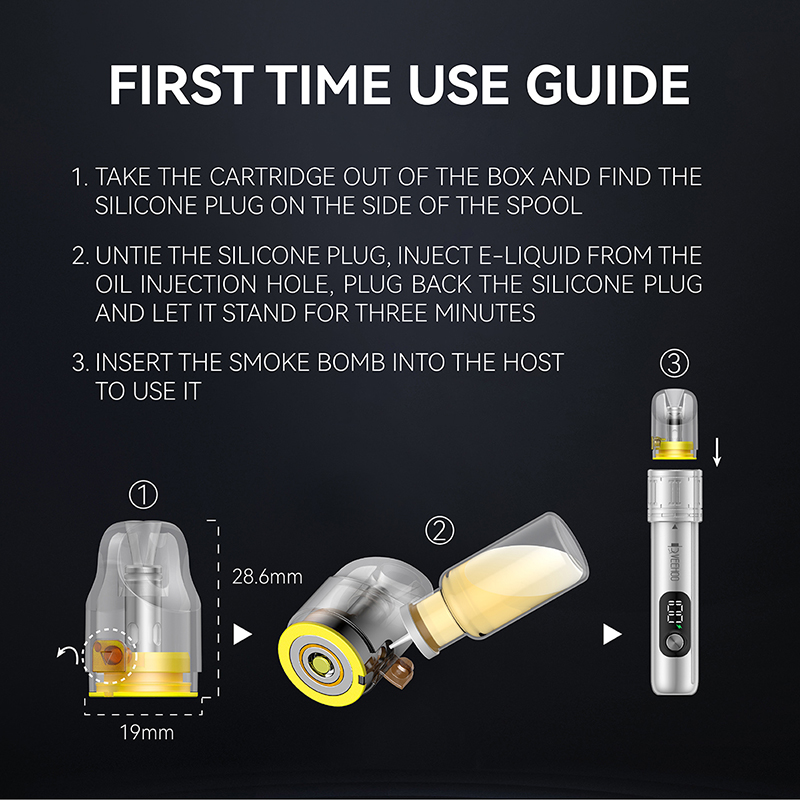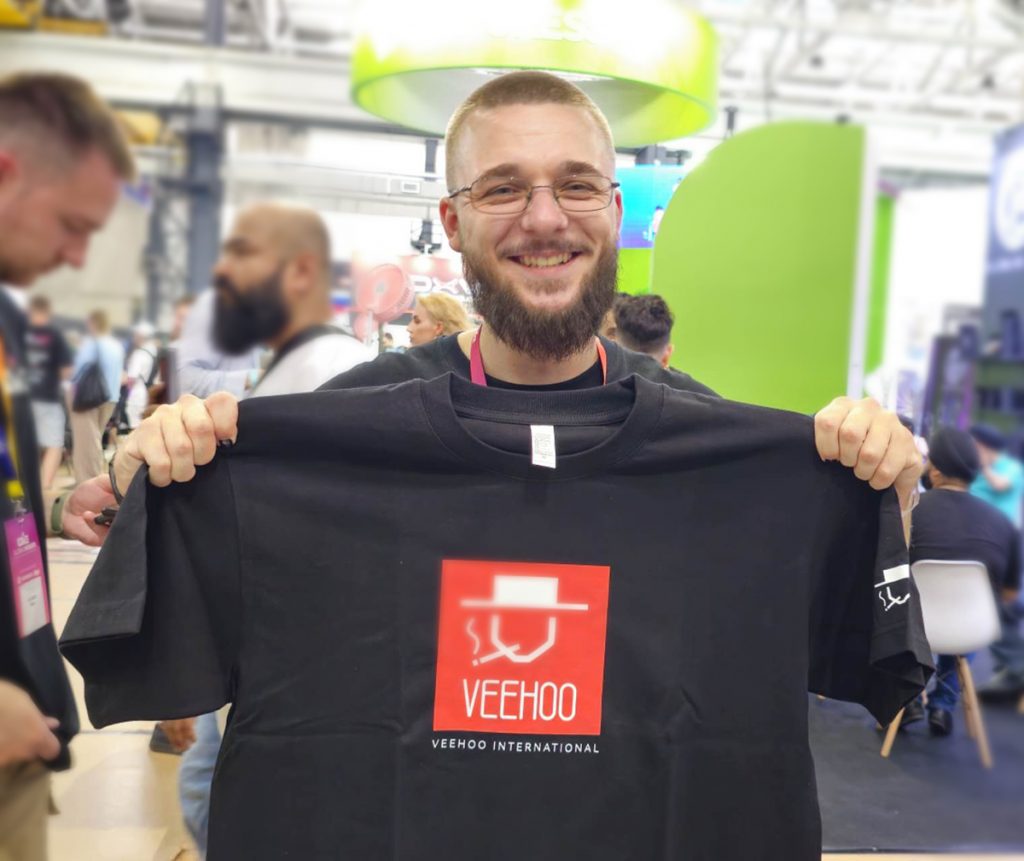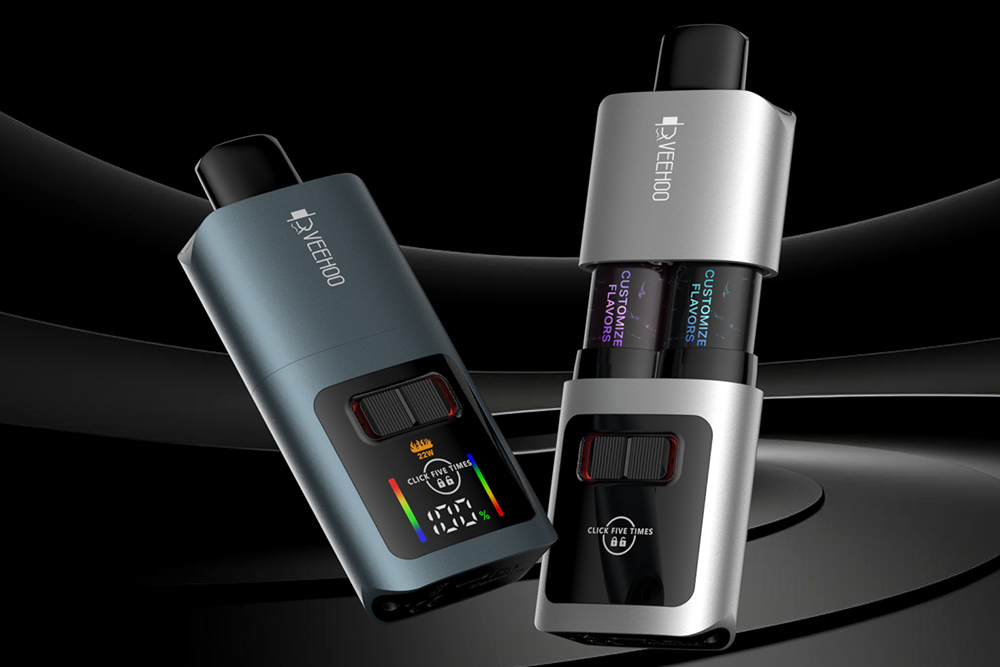On April 2, 2025, the U.S. Supreme Court made a unanimous ruling, confirming that the Food and Drug Administration (FDA) has legal power to review and regulate e-cigarettes and flavored products, and sent the appeals of Triton Distribution and Vapetasia back to the lower court for reassessment, firmly upholding the FDA’s veto decision on sweet e-cigarettes based on public health considerations. This ruling not only shows that the federal administrative agency’s legislative purpose in protecting the health of young people is supported by the Constitution and the Administrative Procedure Act, but also lays a clearer legal foundation for the compliance development of the e-cigarette industry, and at the same time puts forward higher requirements for brand companies to implement quality and responsibility in product research and development and market promotion.
The Family Smoking Prevention and Tobacco Control Act, enacted in 2009, authorizes the FDA to conduct strict reviews of new tobacco products, including e-cigarettes, and requires applicants to prove that their products will not adversely affect the health of young people while helping adult smokers quit smoking. In 2020, the FDA began accepting millions of marketing authorization applications for e-cigarettes and flavored e-liquids, aiming to curb the surge in e-cigarette use among teenagers who use sweet and fruity flavors as bait.
Triton Distribution and Vapetasia submitted marketing authorization applications for sweet e-liquid products such as “Jimmy The Juice Man” and “Iced Pineapple Express” in 2020. After review, the FDA believed that the relevant companies did not provide sufficient evidence to prove that their marketing plans and technical improvements could effectively prevent minors from using them, so they rejected their applications. In May 2024, the Fifth Circuit Court of Appeals (en banc) overturned the FDA’s rejection with a ten-to-six standard of survival, believing that the FDA changed its emphasis on marketing plans during the review process and did not follow its previously issued guidance.

U.S. Supreme Court Justice Samuel Alito expressed his opinion on behalf of the entire court, clearly pointing out that the Administrative Procedure Act empowers courts to review administrative actions based on the original review standards of the agencies concerned, and that changes in the agencies’ positions reflected in non-binding guidance documents should not be considered arbitrary and capricious. The Supreme Court held that when the FDA rejected the applications of Triton and Vapetasia, it had judged the risks and benefits of the products based on the core requirements of the Tobacco Control Act and did not deprive the companies of the opportunity to state measures to prevent minors from using them. Therefore, its rejection was not “arbitrary and capricious” and should be upheld.
The ruling also emphasized that federal legislators included e-cigarettes in the tobacco product regulatory system in order to prioritize public health and ensure scientific and effective risk assessments before new products are launched. The Supreme Court required the lower courts to re-evaluate the evidence submitted by the companies when they applied, in conjunction with the FDA’s determination of the potential harm of sweet flavored e-cigarettes to adolescent health, rather than focusing only on the formal level of administrative procedures.
This ruling means that the FDA will continue to have the legal authority to suspend or veto the listing of a large number of sweet-flavored e-cigarettes, which has far-reaching significance for stopping flavored e-cigarettes from stimulating minors to try nicotine products. Public health experts pointed out that sweet and fruit-flavored e-cigarettes are more attractive to teenagers and have a significant role in promoting nicotine dependence. The Supreme Court’s ruling is equivalent to injecting judicial support into the country’s tobacco control policy and providing a new legal weapon to curb the rising rate of e-cigarette use among teenagers.

The non-governmental anti-smoking organization “Smoke-Free Kids Movement” welcomed the ruling, believing that the agency once again emphasized the FDA’s primary responsibility in maintaining the health of teenagers, which will help reduce nicotine exposure and smoking attempts among minors, thereby reducing the risk of long-term addiction and cardiopulmonary diseases.
As a professional e-cigarette manufacturer, VEEHOO has performed well in product design and quality management with years of industry experience and advanced production facilities. The brand has its own production base in Shenzhen, China, equipped with multiple automated assembly lines, and has passed TPD certification to ensure that the product meets the EU’s strict requirements for e-liquid ingredients and packaging. At the same time, it uses food-grade PC and stainless steel materials to improve durability and safety.
In terms of technological innovation, VEEHOO has launched the V8 product with dual-chamber switchable flavors. The dual-core atomizer design supports DIY mixing and diversified flavor switching to meet the needs of adult consumers for personalized experience. Its ceramic atomizer core technology and high-power battery configuration achieve a more complete atomization effect and a purer taste. At the same time, an electronic display screen is installed on the packaging to provide real-time feedback on power and e-liquid remaining, improving the convenience and safety of use.
VEEHOO adheres to strict dealer training and online and offline age verification systems to provide adult users with compliant purchasing channels, effectively avoiding minors from participating in the purchasing process, and demonstrating the brand’s active responsibility for public health.

The Supreme Court’s ruling will guide the FDA to continue to adhere to the principles of scientific evaluation and risk management in subsequent reviews, prompting the e-cigarette industry to find a balance between product innovation and regulatory compliance. Major e-cigarette brands need to increase their investment in scientific research to improve the assessment and control measures for the risks of use by minors, and actively communicate with regulators to submit more comprehensive marketing and technical solutions.
Brands such as VEEHOO can leverage their advantages in production, quality and innovation to accelerate the launch of new products that meet FDA and international standards, and while fulfilling their social responsibilities, they can win the dual recognition of the market and the public through the brand concept of green environmental protection and healthy alternatives. It is expected to become a benchmark for the development of industry compliance and lead e-cigarette products to a safer and more controllable direction.
Tags: ceramic atomizer core, flavored e-cigarettes, underage protection, veehoo vape